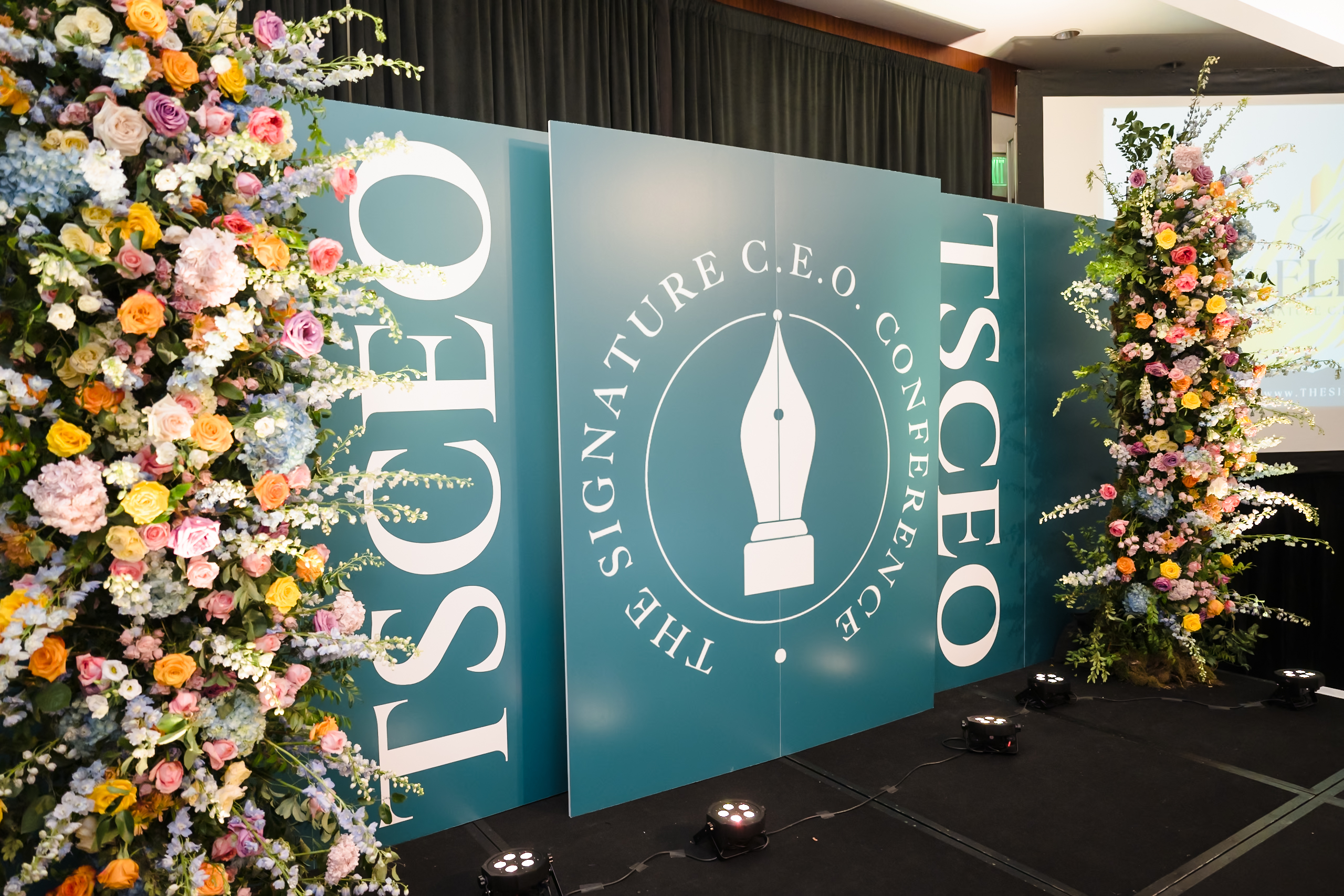
Planning a corporate event doesn’t have to drain your budget. With the right strategies, you can cut costs without compromising on quality or impact. In this blog, I’ll share my extensive event management expertise to help you unlock top strategies to minimize expenses and maximize value. From selecting the perfect venue to negotiating with vendors, you’ll learn practical, proven tips to ensure your next corporate event is both cost-effective and memorable. Get ready to transform your event planning approach and deliver an exceptional experience!
When executing events for our clients, the major expense categories, whether planning single-day events like conferences or galas to multi-day incentive-driven events, are hotel lodging, airfare, food and beverage, activities, and gifting. These are the same categories where I am challenged to minimize costs but still create a quality program experience. As we march into a new year, event planners are faced with mastering the challenges of rising inflation and other issues since 2000. Being a part of this prestigious community of planners, I want to share some of my tips with you.

MINIMIZE GROUP ACTIVITIES
To make events more of an experience, organizers often bring in all the bells and whistles to create a unique event that falls outside of a typical boardroom/conference event. These activities range from offsite excursions to engaging entertainment to curated shopping experiences. While these events may be fun and create magical moments, it may be time to minimize your offerings of activities, which is approximately 15-20% of your event budget. One major way to help minimize company costs in this area is to provide more “free time” for attendees. This hands-off approach allows attendees to explore their own activities and create their own experiences. Your attendees get to enjoy the things they like rather than participating in a coordinated group experience. As the event organizer, it releases you from creating activities to satisfy a mass number of people and not having to create multiple events to appeal to multiple interests. However, if you create a group activity, have it related to giving back to a community, such as a team-building activity that supports a charity; individuals love supporting charities, and it is a win-win for everyone.
SHORTER DURATIONS
There is so much truth to the saying, “the longer you stay, the more you pay!” The duration of your event directly correlates to your hotel expenses (approximately 30-40% of your event budget) and food and beverage expenses (approximately 40-50% of your event budget). Take a close look at your event agenda to ensure that the time allotted for your event is a true reflection of your overall time. Consider if there is anything that can be minimized or omitted from your event schedule. Reducing your overall agenda from a minimum of a half day to a full day gives you the flexibility to save costs for your program.
MINIMIZE GIFTING
Wasteful gifting versus essential gifting—how do you choose, and is gifting necessary for your event programs? If your attendees are traveling to your event, although they love gifting, they become challenged with getting their gifts back home as either they can’t pack them in their luggage, or it is something that can’t be carried through customs if traveling abroad. You see it as free stuff to give away, but truly your attendees are seeking something essential they can utilize beyond the event. To create an essential gifting experience that will be soft on your event budget, consider these options:
ACCOMMODATION TYPES
In earlier years, companies would reduce costs for hotel accommodation by providing double occupancy, having attendees share rooms. Those days are now gone for a plethora of reasons, so event planners and organizers must think of savvy ways to save on costs. Other key factors in the cost of your accommodation are related to location, popularity and the time of the year of your event. Here are some ways to reduce hotel accommodation costs for a corporate event:
SEE ALL-INCLUSIVE LOCATIONS
All-inclusive resorts are an excellent choice for hosting events when you’re looking to minimize costs. These resorts offer comprehensive packages that include accommodations, food and beverage, and often entertainment and activities, all for a single price. This bundling can lead to significant savings compared to booking each component separately. Additionally, all-inclusive resorts often provide access to meeting rooms, event spaces, and necessary equipment at no extra charge, further reducing expenses. The predictable pricing structure helps with budgeting, as there are fewer unexpected costs. Moreover, the convenience of having everything in one place can enhance the overall experience for attendees, making it a cost-effective and efficient option for corporate events.

AVOID PEAK SEASONS
Hotels must always maintain a healthy occupancy rate. They all experience high and low peak seasons, and it is during their low peak season they are more likely to entertain negotiations when event organizers are price sensitive. During low peak seasons, hoteliers are challenged with lower demands and must get creative to attract guests and maximize their revenue. In the real estate world, in this type of situation, it becomes a buyer’s market or, can we say, a planner’s market. This strategy will also be a direct reflection in lowering the cost of your food and beverage expenses, and your hotel accommodation expenses.
To determine what is a low peak season is, you will need to research the hotel directly and ask the question, as each hotel is different in this regard. Hoteliers want to earn your business over their competitors, so don’t be afraid to ask.